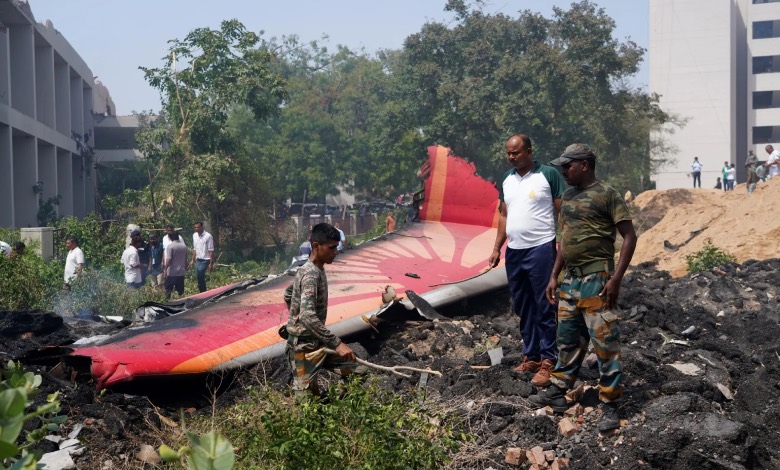DGCA Mandates Urgent Boeing Fuel Switch Inspections After Crash Report

New Delhi, July 15, 2025 – India’s aviation authority, the Directorate General of Civil Aviation (DGCA), has directed airlines operating Boeing 787 and 737 aircraft to inspect the locking mechanisms of fuel control switches by July 21, 2025. The order follows a preliminary investigation into the June 12 crash of Air India Flight 171, which killed 270 people, highlighting concerns about the fuel switch system.
The DGCA’s directive aligns with a 2018 Special Airworthiness Information Bulletin (SAIB) from the US Federal Aviation Administration (FAA), which recommended, but did not require, inspections of fuel switch locking mechanisms on various Boeing models, including the 787 and 737. The bulletin addressed the potential for these switches to disengage unintentionally. The DGCA noted that several international and domestic operators, including Etihad Airways, have already begun voluntary inspections as per the 2018 SAIB.
The Air India crash investigation revealed that the fuel control switches on the Boeing 787-8 Dreamliner were moved to the “cut-off” position seconds after takeoff, starving the engines of fuel. The switches, located between the pilots’ seats and equipped with protective brackets and a locking mechanism, are designed to prevent accidental movement. The DGCA emphasized that airlines must adhere strictly to the July 21 deadline to ensure the safety and airworthiness of their fleets.
ALSO READ : Families of Air India Crash Victims Demand Answers, Allege Cover-Up
Air India has already completed inspections on more than half of its 33 Boeing 787 aircraft, with four others currently overseas for major maintenance. The DGCA’s order applies to approximately 150 Boeing 737 and 787 aircraft operated by Indian carriers such as Air India, Air India Express, Akasa Air, and SpiceJet. Vistara’s wet-leased Boeing 787s, registered outside India, are exempt from the directive.
The FAA’s 2018 advisory did not classify the issue as an immediate safety concern requiring mandatory action. However, the DGCA’s order reflects a proactive response to the Air India crash findings, prompting similar actions by regulators in South Korea and the UAE. Airlines are required to submit inspection plans and reports to the DGCA’s headquarters and regional offices.
A day after the crash, the DGCA had ordered one-time enhanced safety checks on Air India’s entire 787 fleet as a preventive measure. The ongoing investigation by India’s Aircraft Accident Investigation Bureau (AAIB) continues to examine additional evidence, with no recommendations yet issued for Boeing or GE Aerospace, the manufacturer of the 787’s engines.
